International Foundation Programme
International Student Foundation or IFP is a level 3 recognised 6-9 month part time or full time programme developed for students who want to pursue an undergraduate degree. IFP is generally taken to fill the gap between the level of qualification a person has, this pre-university programme provides students with skills, knowledge and confidence to advance into undergraduate studies in English speaking foreign countries. WeBridge Academy offers two different routes of study:
- The WE Bridge Academy route – on successful completion of the course, students can choose to continue their studies at one of the WE Bridge Academy partner universities.
- The NCC Education route ( https://www.nccedu.com/) – originally established as a computing initiative by the British Government in 1966, NCC Education is a UK awarding body and global provider of education. NCC has a network of over 200 partner centres located in more than 50 countries and offers progression to over 70 universities worldwide
Key Dates
2025 Session
9 month programme
18 September 2025
6 month Intensive programme
08 January 2026
November Start date may also be considered too if the minimum class cohort size is met.
Guaranteed University Entry Partners
If a student chooses to pursue the remote International Foundation Programme from We Bridge institution through Uscholars Study Abroad recruitment and ends up successfully completing the programme with the required eligible qualification then they are guaranteed admission in the affiliated educational institutions for their undergraduate studies.

Cardiff University
Cardiff University (Welsh: Prifysgol Caerdydd) is a public research university in Cardiff, Wales. It was established in 1883 as the University College of South Wales and Monmouthshire and became a founding college of the University of Wales in 1893. It merged with the University of Wales Institute of Science and Technology (UWIST) in 1988 as the University of Wales College, Cardiff (University of Wales, Cardiff, from 1996). In 1997 it received degree-awarding powers, but held them in abeyance. It adopted the operating name of Cardiff University in 1999; this became its legal name in 2005, when it became an independent university awarding its own degrees. Cardiff University is the only Welsh member of the Russell Group of research-intensive British universities.[6] Academics and alumni of the university have included three heads of state or government, two Nobel Prize winners, 15 fellows of the Royal Society, 11 fellows of the Royal Academy of Engineering, seven fellows of the British Academy, 21 fellows of the Academy of Medical Sciences and 34 fellows of the Academy of Social Sciences.
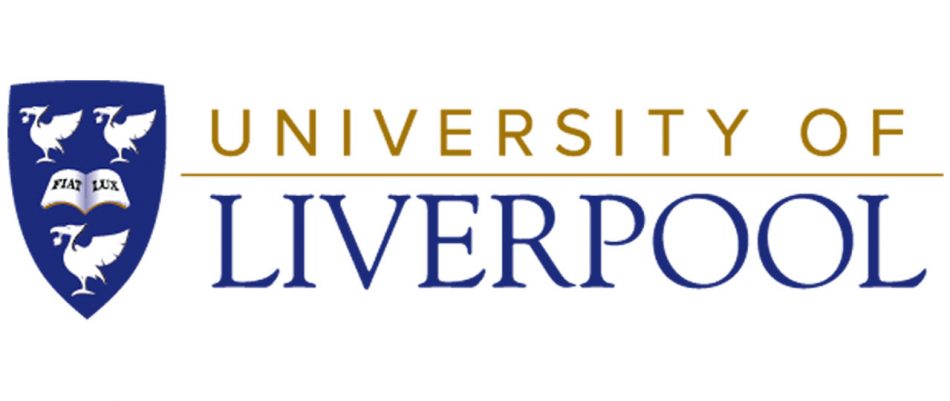
University of Liverpool
The University of Liverpool is a public research university based in the city of Liverpool, England. Founded as a college in 1881, it gained its Royal Charter in 1903 with the ability to award degrees and is also known to be one of the six 'red brick' civic universities, the first to be referred to as The Original Red Brick. It comprises three faculties organised into 35 departments and schools. It is a founding member of the Russell Group, the N8 Group for research collaboration and the university management school is triple crown accredited.
Nine Nobel Prize winners are amongst its alumni and past faculty and the university offers more than 230 first degree courses across 103 subjects. Its alumni include the CEOs of GlobalFoundries, ARM Holdings, Tesco, Motorola and The Coca-Cola Company. It was the world's first university to establish departments in oceanography, civic design, architecture, and biochemistry at the Johnston Laboratories. In 2006 the university became the first in the UK to establish an independent university in China, Xi'an Jiaotong-Liverpool University, making it the world's first Sino-British university.
Nine Nobel Prize winners are amongst its alumni and past faculty and the university offers more than 230 first degree courses across 103 subjects. Its alumni include the CEOs of GlobalFoundries, ARM Holdings, Tesco, Motorola and The Coca-Cola Company. It was the world's first university to establish departments in oceanography, civic design, architecture, and biochemistry at the Johnston Laboratories. In 2006 the university became the first in the UK to establish an independent university in China, Xi'an Jiaotong-Liverpool University, making it the world's first Sino-British university.
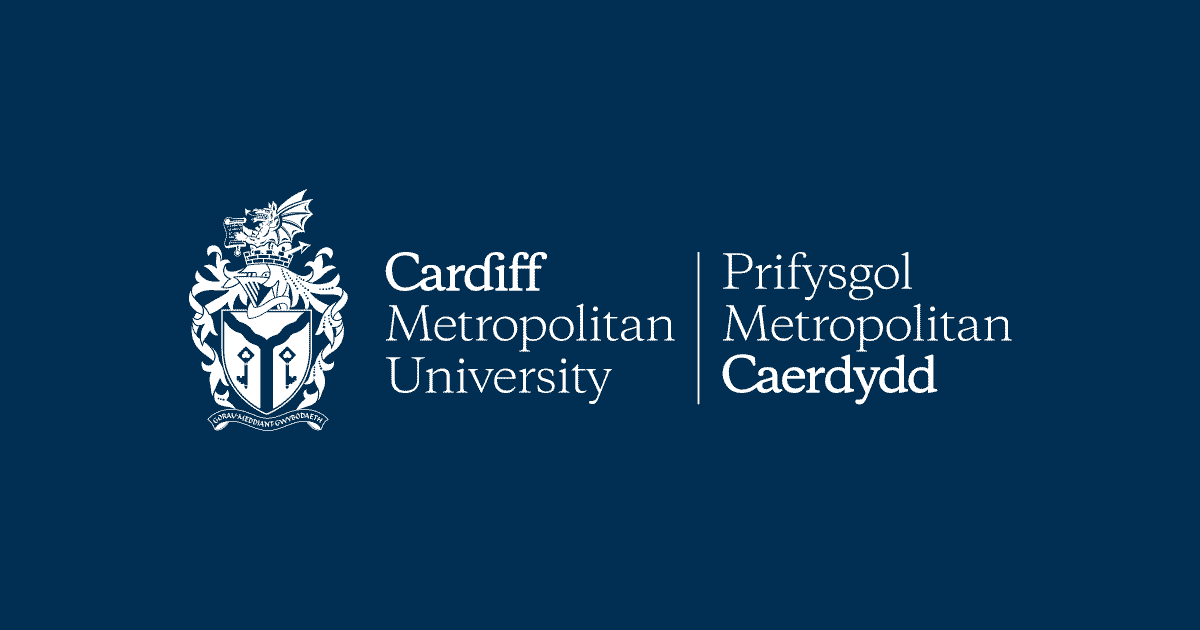
Cardiff Metropolitan University
Cardiff Metropolitan University (Welsh: Prifysgol Metropolitan Caerdydd), formerly University of Wales Institute, Cardiff (UWIC), Prifysgol Athrofâu Cymru, Caerdydd is a university located in the city of Cardiff.
The university offers degree courses in a variety of disciplines. Study is available at undergraduate and postgraduate levels, full-time and part-time, and research opportunities are offered. In the 2021/22 academic year, the University has 11,500 students from over 140 countries studying on two campuses in Cardiff, and more than 10,000 at 17 partner institutions in 15 countries around the world
In November 2021, Cardiff Met was awarded the title of UK and Ireland University of the Year 2021 by the Times Higher Education.
In September 2020 Cardiff Met was named the Times and Sunday Times Welsh University of the Year.
Cardiff Met was deemed to be the most financially sustainable university in Wales by the Wales Governance Centre in 2020
The university offers degree courses in a variety of disciplines. Study is available at undergraduate and postgraduate levels, full-time and part-time, and research opportunities are offered. In the 2021/22 academic year, the University has 11,500 students from over 140 countries studying on two campuses in Cardiff, and more than 10,000 at 17 partner institutions in 15 countries around the world
In November 2021, Cardiff Met was awarded the title of UK and Ireland University of the Year 2021 by the Times Higher Education.
In September 2020 Cardiff Met was named the Times and Sunday Times Welsh University of the Year.
Cardiff Met was deemed to be the most financially sustainable university in Wales by the Wales Governance Centre in 2020
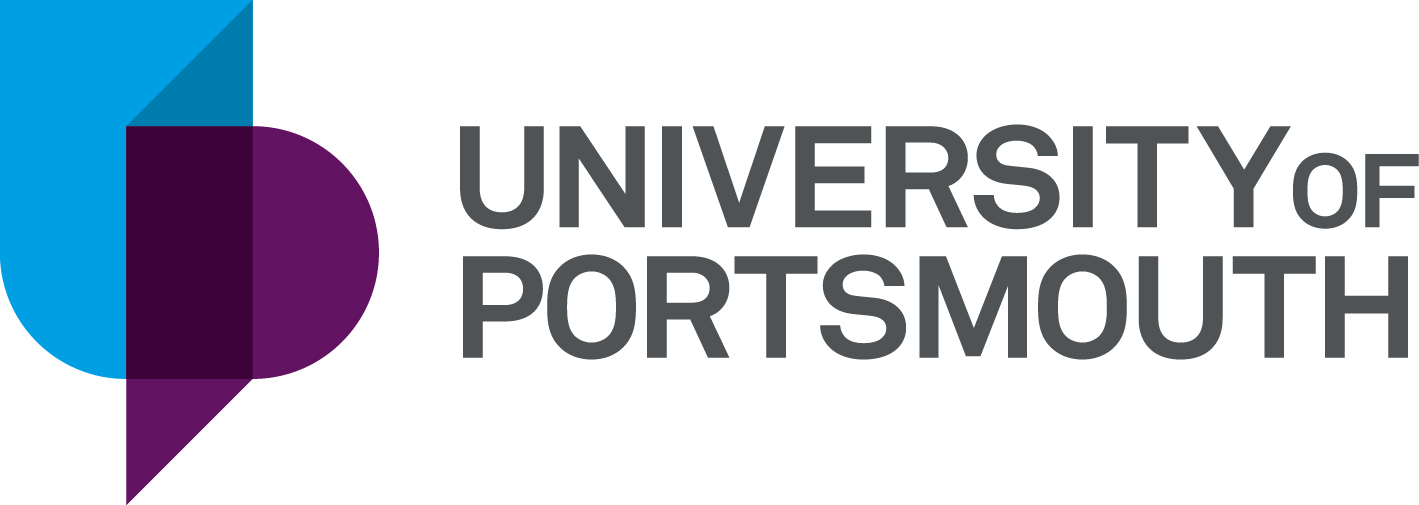
University of Portsmouth
The University of Portsmouth is a public university in the city of Portsmouth, Hampshire, England. It is one of only four universities in the South-East to be rated Gold in the Government Teaching Excellence Framework.
Portsmouth has educated a wide range of people, including Tim Peake, Grayson Perry, Poet Laureate Simon Armitage, Sir John Armitt, Baroness Diana Maddock, and John Flint. Its alumni can be found worldwide, holding senior and executive positions in banking, politics, and civil engineering. Staff at the University include Alessandro Melis, curator of the Italian Pavilione at the XVII Venice Biennale, and astrophysicist and Eddington Medal winner Prof Claudia Maraston.
Portsmouth has educated a wide range of people, including Tim Peake, Grayson Perry, Poet Laureate Simon Armitage, Sir John Armitt, Baroness Diana Maddock, and John Flint. Its alumni can be found worldwide, holding senior and executive positions in banking, politics, and civil engineering. Staff at the University include Alessandro Melis, curator of the Italian Pavilione at the XVII Venice Biennale, and astrophysicist and Eddington Medal winner Prof Claudia Maraston.
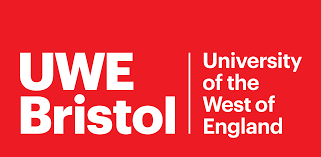
University of the West of England
The University of the West of England (also known as UWE Bristol) is a public research university, located in and around Bristol, England, UK. With more than 30,000 students and 3,000 staff, it is the largest provider of higher education in the South West of England.
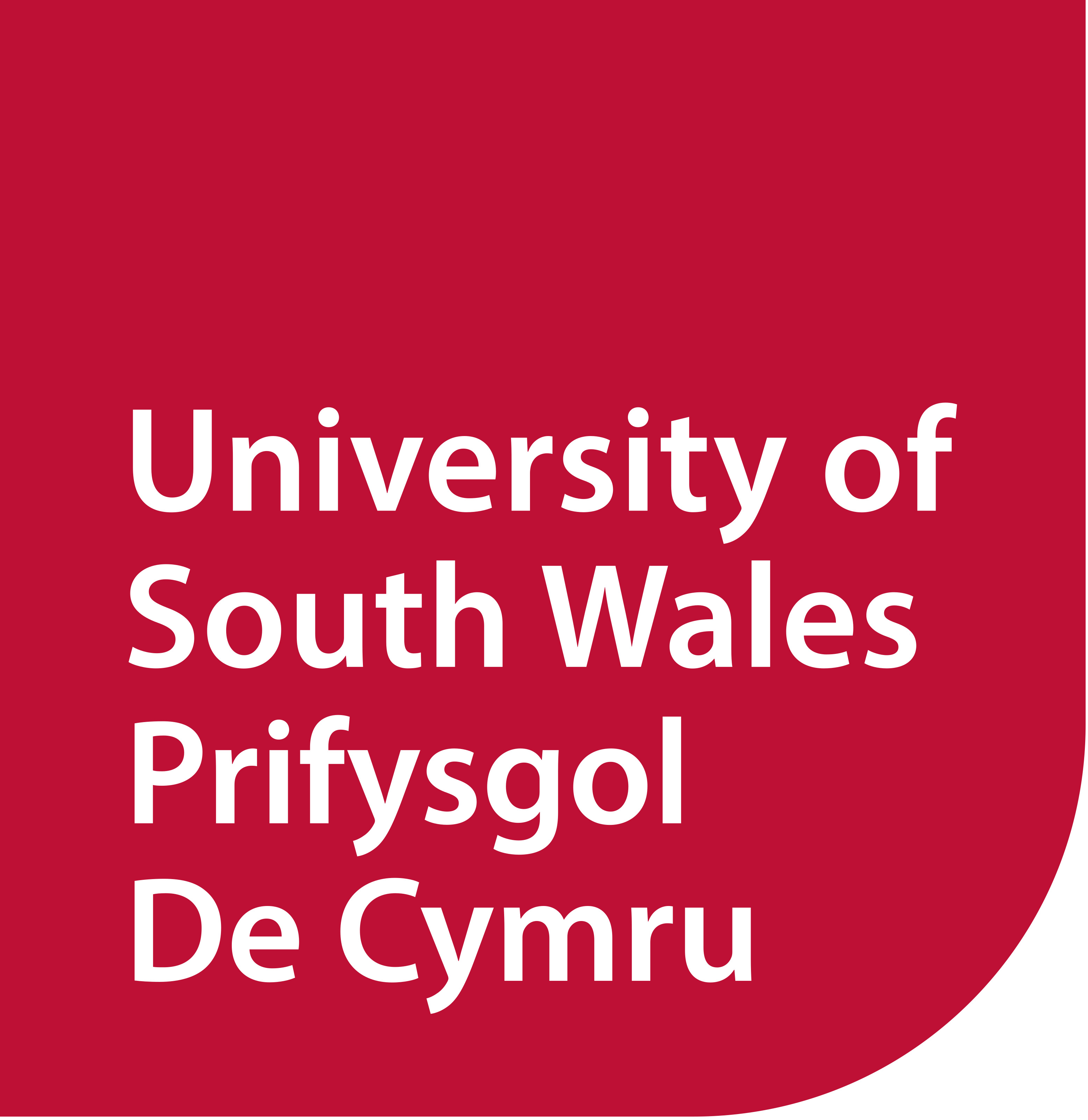
University of South of Wales
The university can trace its roots to the founding of the Newport Mechanics' Institute in 1841. The Newport Mechanics' Institute later become the University of Wales, Newport. In 1913 the South Wales and Monmouthshire School of Mines was formed.The school of mines was later to become the Polytechnic of Wales, before gaining the status of University of Glamorgan in 1992.
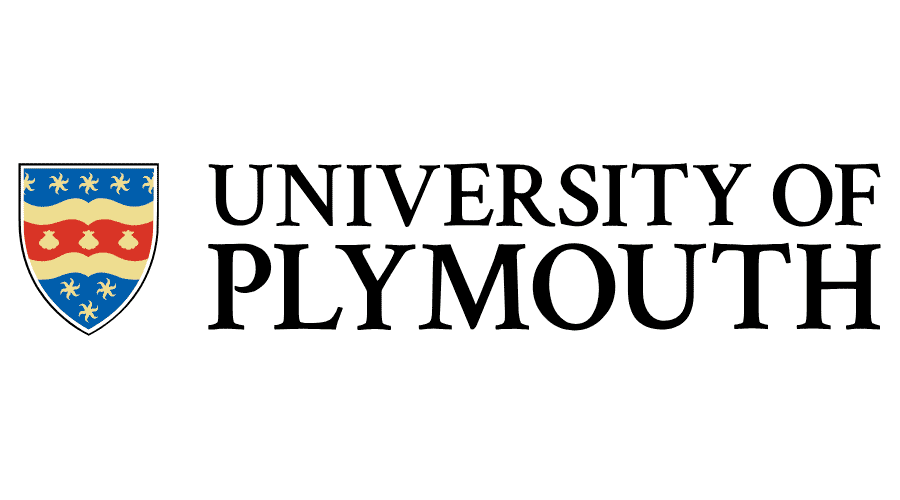
University of Plymouth
The University of Plymouth is a public research university based predominantly in Plymouth, England, where the main campus is located, but the university has campuses and affiliated colleges across South West England. With 18,410 students, it is the 57th largest in the United Kingdom by total number of students (including the Open University). It has 2,915 staff.
The university was originally founded as the Plymouth School of Navigation in 1862,before becoming a university college in 1920 and a polytechnic institute in 1970, with its constituent bodies being Plymouth Polytechnic, Rolle College in Exmouth, the Exeter College of Art and Design (which were, before April 1989, run by Devon County Council) and Seale-Hayne College (which before April 1989 was an independent charity). It was renamed Polytechnic South West in 1989, a move that was unpopular with students as the name lacked identity. It was the only polytechnic to be renamed and remained as "PSW" until gaining university status in 1992 along with the other polytechnics. The new university absorbed the Plymouth School of Maritime Studies.
The university was originally founded as the Plymouth School of Navigation in 1862,before becoming a university college in 1920 and a polytechnic institute in 1970, with its constituent bodies being Plymouth Polytechnic, Rolle College in Exmouth, the Exeter College of Art and Design (which were, before April 1989, run by Devon County Council) and Seale-Hayne College (which before April 1989 was an independent charity). It was renamed Polytechnic South West in 1989, a move that was unpopular with students as the name lacked identity. It was the only polytechnic to be renamed and remained as "PSW" until gaining university status in 1992 along with the other polytechnics. The new university absorbed the Plymouth School of Maritime Studies.
Who Can Enroll In Foundation Progamme?
The International Foundation Program is typically designed for students whose first language isn’t English and they wish to pursue undergraduate studies in an English speaking foreign country. However, there are several distinct eligibility criteria like-
- Students who want to pursue an undergraduate degree but do not have A-level or similar qualifications that are required to meet the eligibility criteria.
- Students who want a programme that will help them upskill their knowledge, skills and confidence to advance into undergraduate degree.
- For students who are looking for a great alternative to A2 and a course that guarantees entry to university.
- Students who want to have exclusive access to global universities can widen their range by opting for NCC accredited exams.

When Should I Study a International Foundation Programme?
There can be various reasons for a student to pursue the International Foundation Programme.
- A student can choose to pursue the International Foundation Programme to bridge the gap of studies between secondary education in their home country and the educational requirements of higher institutions in a foreign country.
- For some students English may not be their first language so to improve their English speaking ability and to match the educational criteria for the Universities, the International Foundation Programme may be useful.
- Progress to a WE Bridge Academy partner university who offer guaranteed progression upon successful completion of the course and meeting the entrance criteria.
Join Our International Foundation Programme

Advantages of the International Foundation Programme
There are many advantages that a student can reap from the International Foundation Programme. These programs provide a unique opportunity to global learning, easing the transition into university life, enhancing language skills, and offering a streamlined path to University admission.

Guaranteed University Admission
Completing an International Foundation Programme successfully from WeBridge Institute guarantees entry to a specific degree and institution. Making the whole admission process a lot easier and ensuring a stable pathway towards higher education.

Improved Language Skills
One of the main purposes of the International Foundation Programme is enhancing the language proficiency of students as many courses in IFP include language courses. This proficiency is valuable for future academic and career opportunities.

Enhanced Study Levels
These programs help students bridge the educational gap and enhance the transition into higher education by providing the necessary academic and language support.

Remote Learning
Since WeBridge offers remote learning for IFP students can stay with their family for another year. The remote IFP course can be completed on students' own free hours with flexible study options requiring only 10 hours per week.
International Foundation Programme Structure & Courses
The International Foundation Programme at WeBridge Institute consists of 6 core modules and plus 2 modules depending on the pathway chosen but all these elements have a few elements that are similar in nature. They consist of concepts that help you advance in your preferred level of studies.
The 6 core IFP modules at WeBridge include:
The 6 core IFP modules at WeBridge include:
- Developing English Language Skills
- Advanced English Language Skills
- Study and Communication Skills
- Culture Studies
- English for Academic Purposes
- Foundation Mathematics
Core Subjects
The remote International Foundation Programme consists of 6 core subjects and plus 2 pathway subjects like Business, Accounting and Economics, Computer Science, Programming, Further Mathematics, Physics, Chemistry and Biology.
Duration
The duration of the International Foundation Programme can be 6-9 months. The 9 month intensive programme starts in September whereas the 6 month programme starts in January.
Subject Specific Modules
The online International Foundation Programme course at WeBridge allows students to choose subject specific modules that are relevant to their degrees. These courses will consist of subjects or topics from that specific degree. For instance if a student is planning to major in business, their modules will consist of topics covering subjects like economics, mathematics, or business studies.
Assessments
At the end of the programme assessments for online International Foundation Programme are conducted via assignments and exams. These are marked internally and moderated by the WeBridge academy route. For the NCC some routes are marked internally and then moderated by NCC Education.
Entry Requirements
Generally, the remote International Foundation Programme from WeBridge requires students to have completed secondary education or any similar equivalent qualifications. Language Proficiency tests like IELTS are not necessarily required to participate in the International Foundation Programme, it is important to have a good understanding of English and be able to listen and engage effectively. If a student does not have a formal English certificate. In such cases, WE Bridge Academy may conduct their own language test. Some programs within IFP may have additional requirements depending on the degree or choice of study. Minimum age and visa related criteria may apply for international students who choose the in-person option for IFP.
The Fee Structure for International Foundation Programme
The cost structure for the remote International Foundation Programme is £5999, which covers registration and course fees. The fee structure for the IFP covers tuition fees, application fees, materials, and your online PDF textbooks. An additional fee applies to students who opt to take the NCC exams at the program's conclusion. For any students interested in visiting the UK for face-to-face studies in Cardiff for 4-8 weeks, this option is available as part of the International Foundation Programme. However, flights and accommodation are not included and would be an additional cost.
Start Your Study And Work Visa journey
Certificate of International Foundation Programme
The certification of the International Foundation Programme signifies that the student has successfully completed the course while meeting the specific language and academic criteria required to enter into our partner university or a degree program. This level 3 recognised certificate not only reflects the student’s commitment to academic excellence but also acts as a gateway to higher educational opportunities, making it a major milestone in one’s academic journey.
Study Plan
Foundation Certificate
Year 1
Year 2
Year 3
What Does Guaranteed Entry Mean?
A guaranteed entry in the context of the International Foundation Programmes means that if the IFP course is successfully completed from We Bridge with required criteria then the student will be assured admission into the desired undergraduate degree programme without going through the usual competitive admission process.
This can be of advantage to students as it simplifies the whole admission journey for them while simultaneously gaining various academic benefits that IFP course provides.
This can be of advantage to students as it simplifies the whole admission journey for them while simultaneously gaining various academic benefits that IFP course provides.

4 Steps To University
1
Students need to consider their academic interests and career goals to choose a programme that aligns with their future degree plans and then review the entry requirements for the IFP, including academic qualifications and English language proficiency levels.
2
Complete the application process as per the institution’s guidelines. This usually involves submitting an online application form, academic transcripts, personal statement and reference letters. After submitting an application, await a response from the institution.
3
Throughout the remote IFP course students are required to stay committed to their studies and participate actively in virtual discussions and seek help from instructors or tutors if needed.
4
Once students have successfully passed their assessments with required scores and meet the university’s admission criteria, students will be ready to transition into your chosen degree program.
International Foundation Programme Progression
WeBridge Academy is extending the following IFP pathways for students who have been recruited by Uscholars Study Abroad. This expansion means that now The International Foundation Programme can be accessed remotely, offering students even greater flexibility and convenience in the pursuit of higher education.
What Progression Degree Subject Areas are Available?
There are various progression degree subjects available in international foundation programme and the most popular ones are:

Business

Computing

Engineering

Science & Healthcare
The remote International Foundation Programme offers 4 pathways for progression to an undergraduate course:
- Engineering Pathway
- Business Pathway
- Computing Pathway
- Healthcare Science Pathway
Regardless of the pathway chosen, all students must study 6 core modules. These are:
- Developing English Language Skills
- Advanced English Language Skills
- English for Academic Purposes
- Culture Studies
- Study and Communication Skills
- Foundation Maths
In addition to these 6 core modules, students have a choice of 2 elective modules depending on the pathway. These are:
- Engineering Pathway: Further Maths and Physics
- Business Pathway: Introduction to Business and Introduction to Accounting and Economics
- Computing Pathway: Introduction to Computer Science and Introduction to Programming
- Healthcare Science Pathway: Biology and Chemistry
FAQ’S
Do I still need IELTS after successfully completing the International Foundation Programme?
No, depending on the course students can directly progress to Uscholars WeBridge affiliated universities without needing IELTS.
Is remote learning the only choice for IFP?
At WeBridge Academy, our International Foundation Programme exclusively offers in-person courses too. Additionally, students have the flexibility to opt for hybrid options, allowing them to spend 1-2 months in Cardiff for a blended learning experience.
What if I don't have any prior English test scores like IELTS or TOEFL?
It is not required, however you must have a suitable level of English to listen and engage in the International Foundation programme. If no formal English certificate is held by the student we will make a decision internally if the student is suitable to join the International Foundation Programme and WE Bridge Academy may issue their own language test.
Enquire About Our International Foundation Programme
By simply filling this form and we'll call you for a FREE CONSULTATION


